How to Become a Volunteer Nurse Abroad
Looking to use your nursing skills to volunteer abroad? Here's everything you need to know to make it a reality.

Nurses are in high demand all over the world. Many paid opportunities exist for trained nurses, but volunteering can enrich your life in ways a regular job can’t. As a volunteer abroad, you will work with a diverse group of professionals and patients, learn how to be resourceful when faced with shortages of supplies and equipment, and understand the value of healthcare in truly underserved areas.
Volunteer projects can be as short as a week or last many months. There are areas of specialty or placements that will expose you to different areas of hospitals or rural clinics. As a volunteer nurse overseas, you are likely going to be wearing many hats. Approaching your volunteer experience with an open heart and mind is essential for getting the most out of your time abroad!
The following steps will help you understand what it will take to start volunteering as a nurse overseas. Many great programs exist, and Go Overseas is the best place to start your research. Organizations on our site are reviewed by real participants, which will give you insight into what to expect. No matter the program or destination, you are in for a life-changing learning experience!
Step 1. Explore available nursing volunteer abroad programs
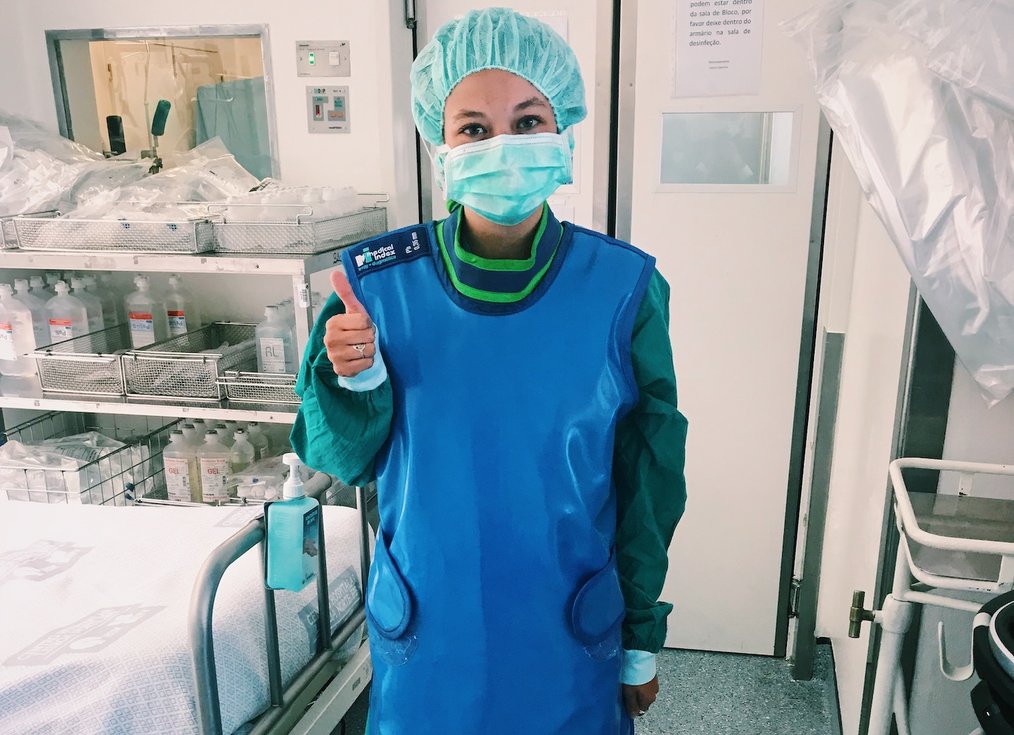
Every program is different and will have different requirements for experience and credentials. You will also find that some placements are focused on a specific area of healthcare, while others may be more generalist. It's important to do your research to find something best suited to your interests and expertise.
Programs that match your experience
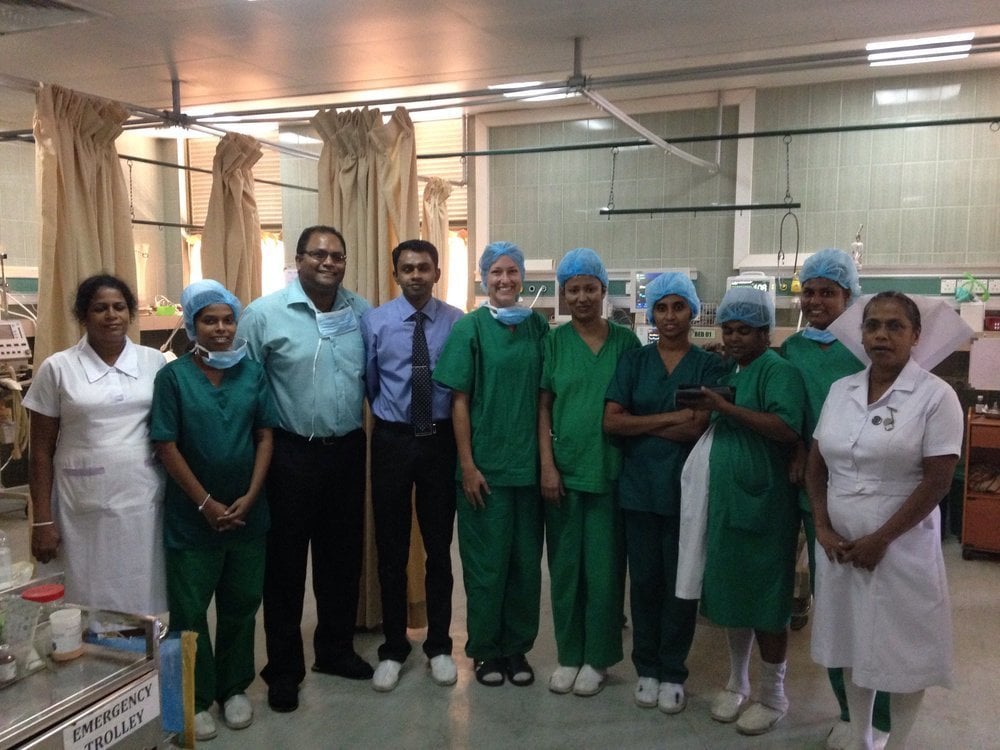
A variety of volunteer programs exist for every step of the nursing journey. Whether you are a certified nursing assistant, nursing student, newly qualified nurse, or experienced professional, there are positions suited to your level and skills. Programs will generally assess new volunteers and delegate tasks as appropriate.
You should be careful to never attempt to work outside your scope of practice. Just because patients may be in dire need of care doesn’t mean just anyone should treat them. They still deserve quality treatment.
That said, there is always a need for taking vital signs, changing bandages, and assisting with feeding and bathing. Every little bit makes a big difference in the lives of your patients!
A sampling of the programs available for licensed nurses:
- Make a REAL Difference in Global Healthcare with Love Volunteers
- Public Health Volunteers Abroad with CMMB
- Volunteer in the Dominican Republic with Partners for Rural Health
- Medical Volunteer Programs in Malawi with RIPPLE Africa
A few of the programs for nursing assistants and students:
- Volunteer in Uganda Bulenga Teaching, Health Care, Orphanage and Solar Programs with A Broader View Volunteers Corp
- MEDICINE & HEALTHCARE - Work side by side with medical staff at the local hospital with Aldeas de Paz
Programs that match your specialty
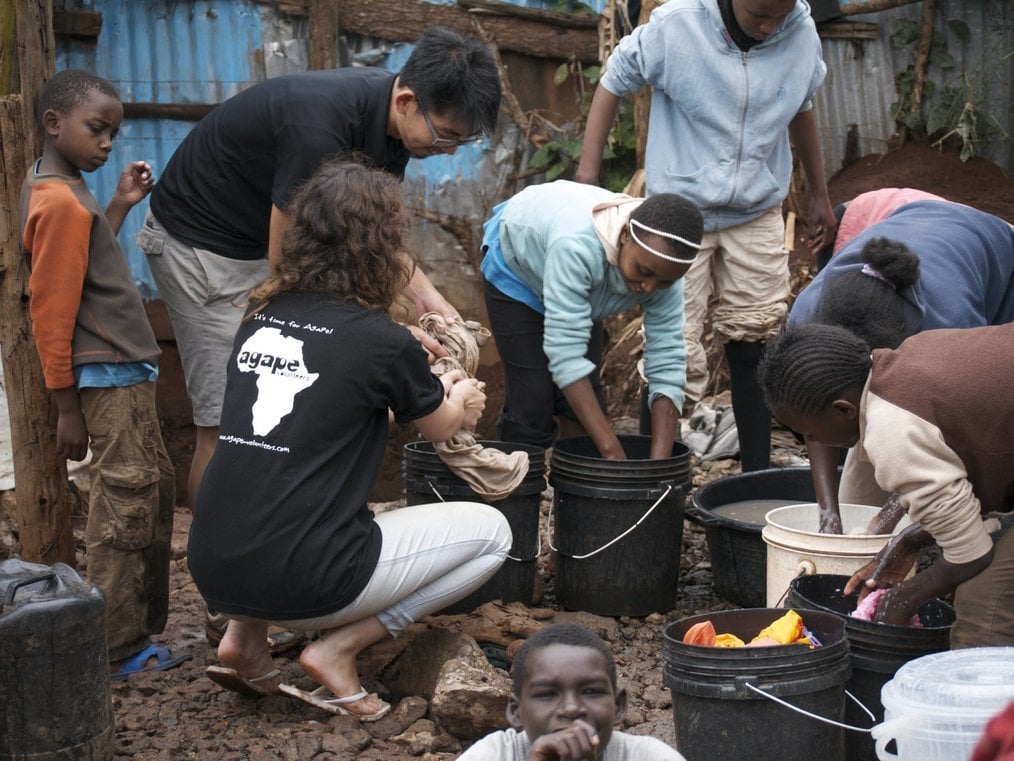
Specialty areas of volunteering are available to match your interests. Looking to gain experience in tropical medicine? Want to work with refugees and asylees? Interested in caring for patients with HIV/AIDS? Certain areas of the world may have more programs focused on specific health needs. Go Overseas has programs looking for nurses just like you:
- Refugee Support Crisis - Greece - IVI Volunteers
- HIV Prevention Volunteering in Kenya with Agape Volunteers
- Become a Global Health Volunteer in Ecuador with Foundation for International Medical Relief of Children
- Volunteer in Kerala, India with IVHQ from only $360
Step 2. Organize your documentation & apply
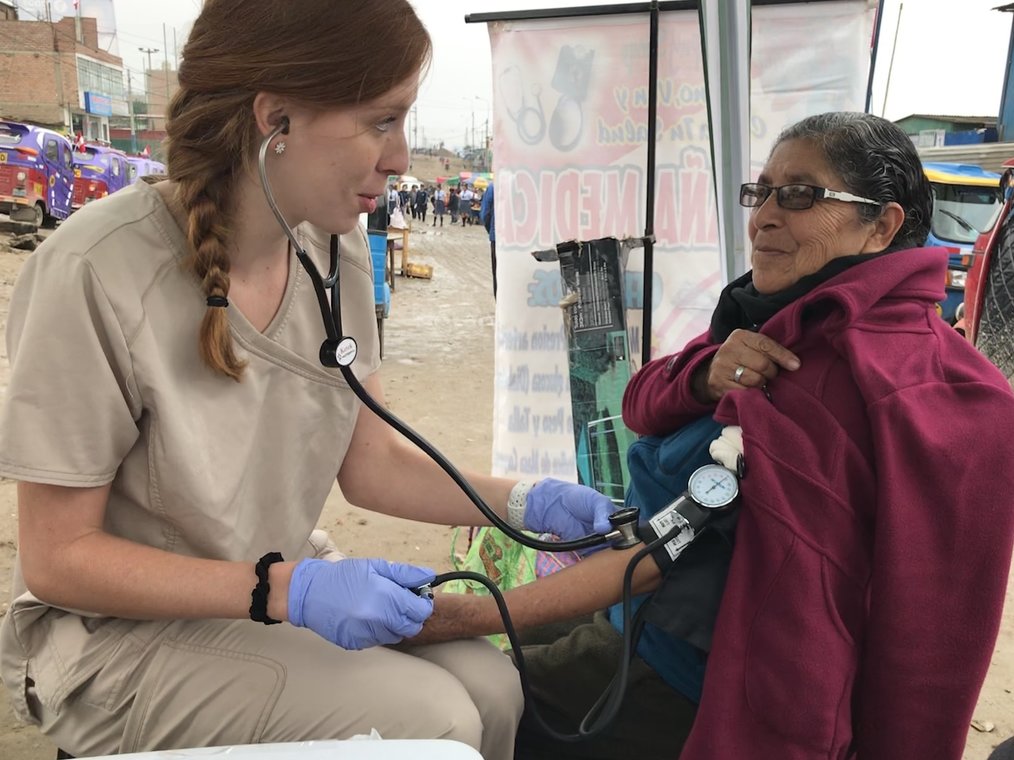
If you are a licensed nurse or certified nursing assistant, you will need to secure a copy of your credentials from your state board of nursing. Students should have official university transcripts on hand. It's also wise to carry copies of your vaccinations. Certain programs may require a health clearance from a physician, so check with your program coordinator to ensure you know what you need to take and submit ahead of time.
When traveling overseas, it is generally recommended to carry copies of the following:
- Passport photo page
- Travel insurance
If travel insurance coverage is not provided by your US insurer and will not be included in your program fee, it is wise to buy coverage for the duration of your stay. World Nomads is a trusted organization that offers flexible coverage for your short-term or long-term travel.
Step 3. Research visa requirements
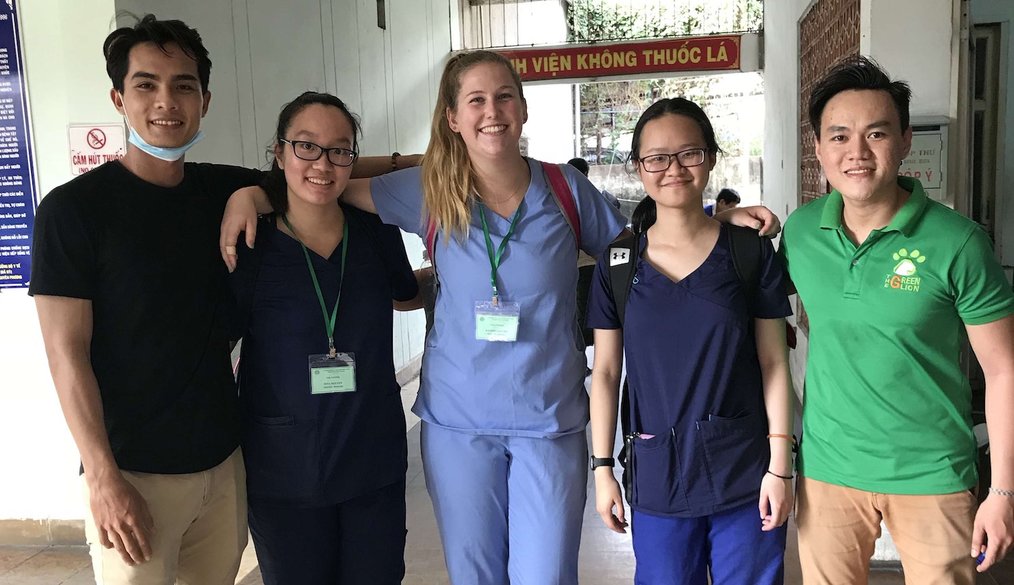
Depending on your length of stay, you may need a visa to volunteer overseas. If you are a US citizen, the State Department website has all the information you need regarding visa requirements. Some can be acquired at the airport in your destination country, while others must be applied for ahead of time while in the US.
Step 4. Get necessary vaccinations
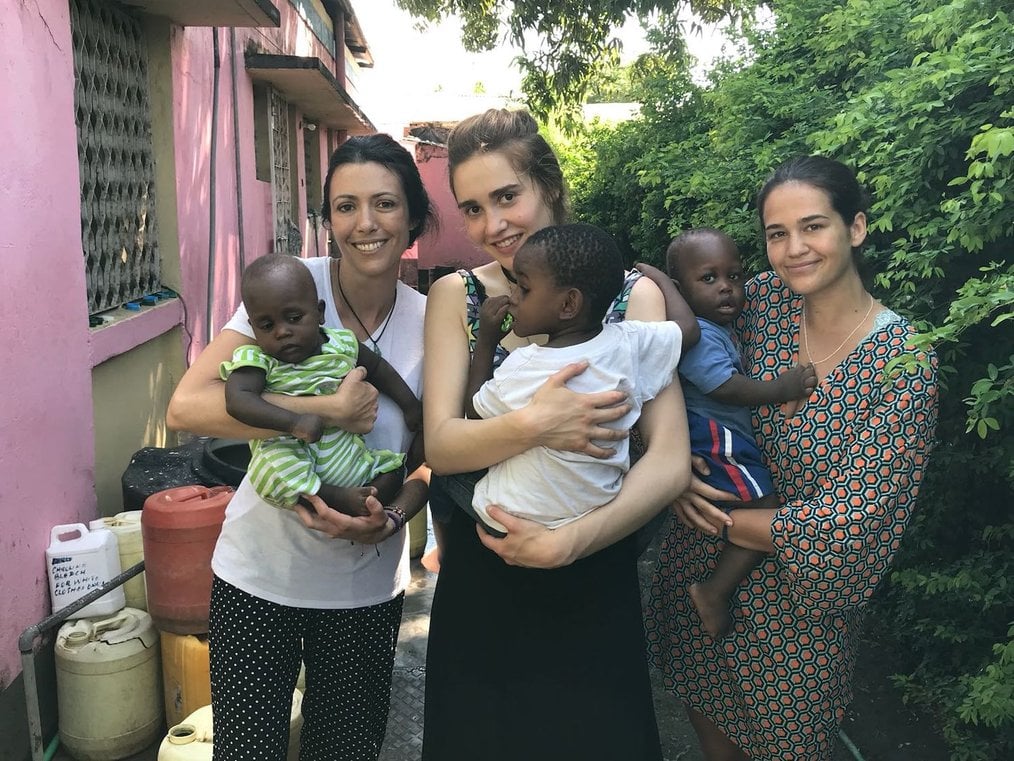
Before you can care for the health of others, you need to protect your own. Make sure you have the necessary vaccinations recommended for your destination. Talk to your healthcare provider about your upcoming travel and the type of activities you’ll be doing during your volunteer experience.
The Centers for Disease Control and Prevention (CDC) in the US also offers extensive advice and information related to travel health. Their website is full of helpful resources:
- Find destination-specific information including vaccinations, health alerts, packing lists, and tips on how to stay healthy
- Locate local health departments or travel health clinics in your area
Step 5. Brush up Your language skills
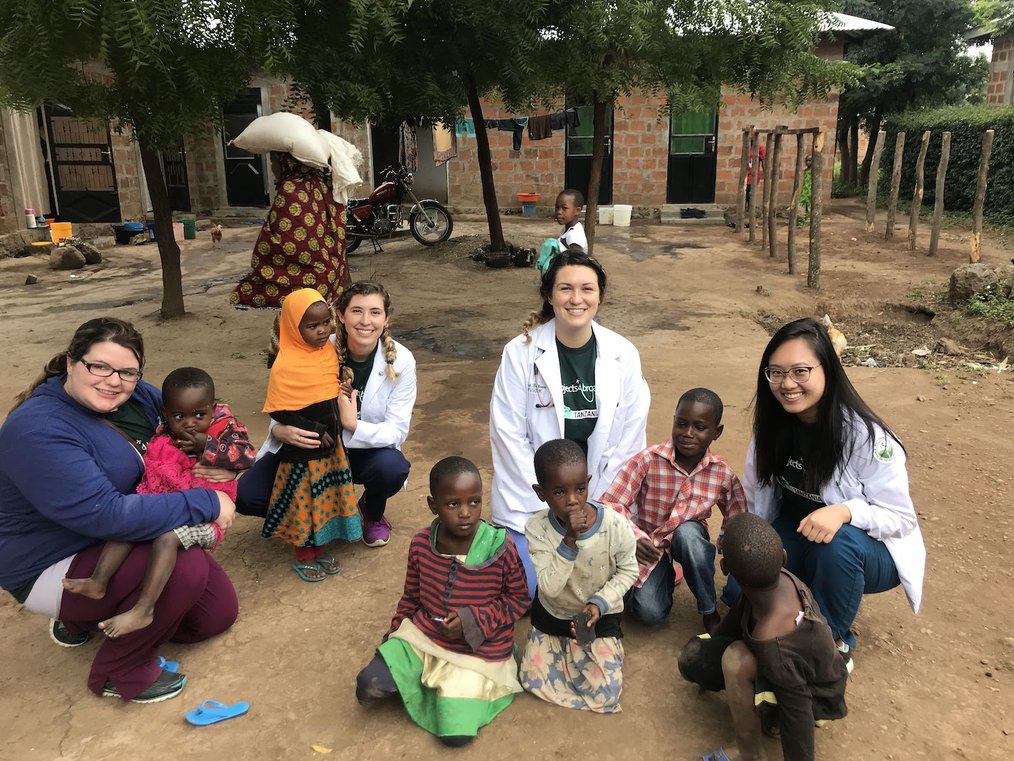
Whether your program has minimum proficiency requirements or not, knowing some basic phrases in your host country’s language will go a long way. Once you’ve made plans and have everything squared away, why not learn a bit of the local language? There are countless free apps and websites available for picking up elementary skills. Some of my favorites include:
Step 6. Pack your bags

No matter where you're headed, having some essentials will make your trip easier. Always research your destination to get a feel for the climate as well as the cultural norms. This will go a long way when packing your clothes. Many programs will require you to bring your own scrubs so be sure to throw in several clean pairs. Check with your coordinator to find out if you'll need your own medical supplies as well.
It's wise to bring a small first aid kit equipped with non-prescription pain relievers as well as an over-the-counter medicine for any gastrointestinal issues you may encounter. Being far from home can be stressful so having some familiar remedies will be a comfort when you're feeling ill. Once you're packed, it's time to go off on an unforgettable adventure that also gives back to help healthcare on a global scale.
As you can see, there are so many options available in exciting destinations all around the world. Regardless of where you go, one thing is certain: you are going to touch the lives of your patients, and you will be changed in return. Compassion and caring are two gifts that are free to share, and as a nurse, you will have no shortage of either. The world is waiting for you!
